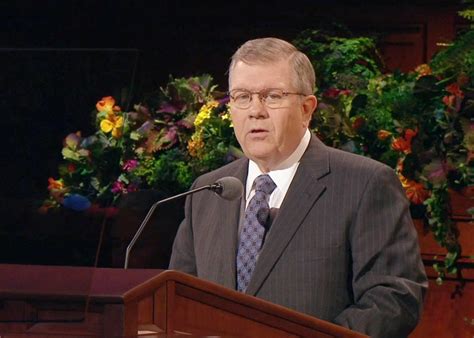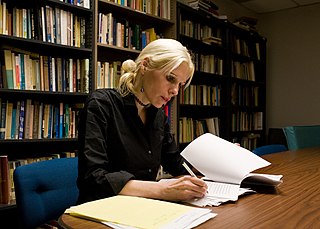A Quote by Rollo May
Unconscious insights or answers to problems that come in reverie do not come hit or miss... they pertain to those areas in which the person consciously has worked laboriously and with dedication.
Related Quotes
While testimonies can come as dramatic manifestations, they usually do not. Sometimes people think they need to have an experience like Joseph Smith's vision before they gain testimonies. If we have unrealistic expectations of how, when, or where answers come, we risk missing the answers which come as quiet, reassuring feelings and thoughts that most often come after our prayers, while we are doing something else. These answers can be equally convincing and powerful.
The best indicator of your level of consciousness is how you deal with life's challenges when they come. Through those challenges, an already unconscious person tends to become more deeply unconscious, and a conscious person more intensely conscious. You can use a challenge to awaken you, or you can allow it to pull you into even deeper sleep. The dream of ordinary unconsciousness then turns into a nightmare.
We consciously use only a small portion of our brain, but we're constantly performing complex operations in other areas even though we're unaware of it. Savants gain access to unconscious areas when the brain's bossy left hemisphere is muted. The left is in charge of much of our organized thought and decision-making and tends to suppress the right side, which generally rules creative activities.
The reverie we intend to study is poetic reverie. This is a reverie which poetry puts on the right track, the track an expanding consciousness follows. This reverie is written, or, at least, promises to be written. It is already facing the great universe of the blank page. Then images begin to compose and fall into place.
Unlike in school, in life you don't have to come up with all the right answers. You can ask the people around you for help - or even ask them to do the things you don't do well. In other words, there is almost no reason not to succeed if you take the attitude of 1) total flexibility - good answers can come from anyone or anywhere (and in fact, as I have mentioned, there are far more good answers 'out there' than there are in you) and 2) total accountability: regardless of where the good answers come from, it's your job to find them.
Every time that a man who is not an absolute fool presents you with a
question he considers very problematic after giving it careful thought,
distrust those quick answers that come to the mind of someone who has
considered it only briefly or not at all. These answers are usually
simplistic views lacking in consistency, which explain nothing, or which do
not bear examination.
Here we are at the very core of the thesis we wish to defend in the present essay: reverie is under the sign of the anima. When the reverie is truly profound, the being who comes to dream within us is our anima. For a philosopher who takes his inspiration from phenomenology, a reverie on reverie is very exactly a phenomenology of the anima, and it is by coordinating reveries on reverie that he hopes to constitute a "Poetics of reverie". In other words, the poetics of reverie is a poetics of the anima.
What we should be teaching are the problems and holes and I think there are legitimate problems and holes in the theory of evolution. And what we need to do is to present those fairly from a scientific point of view. And we should lay out areas in which the evidence supports evolution and the areas in the evidence that does not.
Applause is an instinctive, unconscious act expressing the sympathy between actors and audience. Just as our art demands more instinct than intellect in its exercise, so we demand of those who watch us an apppreciation of the simple unconscious kind which finds an outlet in clapping rather than the cold intellectual approval which would self-consciously think applause derogatory. I have yet to meet the actor who was sincere in saying that he disliked applause.
All in all, it was a never-to-be-forgotten summer — one of those summers which come seldom into any life, but leave a rich heritage of beautiful memories in their going — one of those summers which, in a fortunate combination of delightful weather, delightful friends and delightful doing, come as near to perfection as anything can come in this world.





































